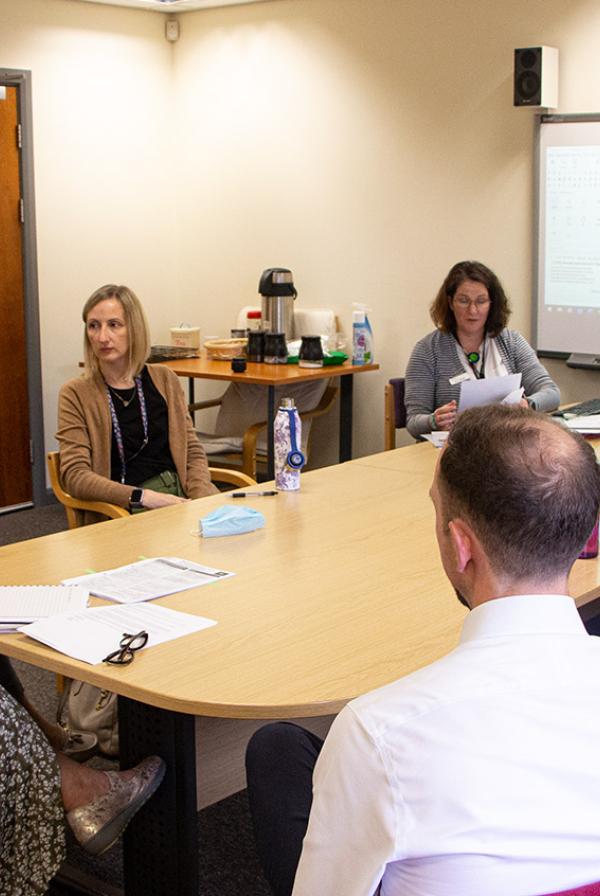Health Inequalities NEDs Leadership Development Programme
Tackling health inequalities is the second statutory purpose of integrated care systems. The architecture of systems provides the foundation for a new model of care; one closer to home that uses population-level data across a system footprint to prevent diseases from occurring and support communities to live longer, healthier lives. Non-executive directors (NEDs) and chairs of integrated care boards have an integral part to play in ensuring that this becomes a reality.
Background to the programme
This programme is a progression from the initial phase delivered by the NHS Confederation and NHS England’s healthcare inequalities improvement programme team, with a focus on the implementation phase of tackling health inequalities as one of the four core purposes of integrated care systems. The purpose of the work is to strengthen the role of NEDs and chairs in integrated care boards in tackling health inequalities. This will fall under the National Healthcare Inequalities Improvement Programme’s fifth strategic priority area: strengthening leadership and accountability.
This work builds on research undertaken in 2023 by the NHS Confederation, in partnership with Leeds Beckett University, Clarity Consulting and the CQC. The research project, which engaged with 86 per cent of integrated care boards, found that leadership, accountability and governance are fundamental to systems fulfilling their second statutory purpose of tackling inequalities. This is why strengthening the role of ICB NEDs and chairs is so crucial. This research led to the publication of our research report and toolkit in February 2024.
Useful Resources
What does the programme include?
The programme introduces the cohort of ICB NEDs and chairs to the quality improvement approach outlined in the above toolkit and includes a series of workshops.
The workshops focus on how NEDs and chairs of ICBs can create the right culture within their systems; embed the appropriate governance by working alongside health inequalities leads; and use plans and strategies to track improvements in tackling health inequalities.
For the first cohort, the programme is focusing on inequalities within maternity care and participants attend the workshops prepared with localopportunities and challenges relating to the worked example of maternity to each learning workshop and explore solutions with their peers in action learning sets.
Following engagement with system leaders, it was felt that ICB NEDs and chairs could benefit from support in this clinical area first. Subsequent, future cohorts could work through other key areas of clinical concern.
The applications to take part in this programme are still open and you can find out more by contacting Zarah Mowhabuth.


